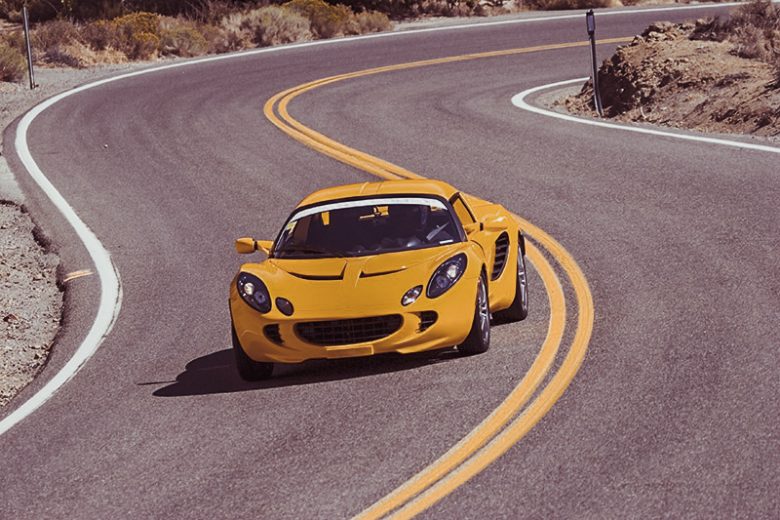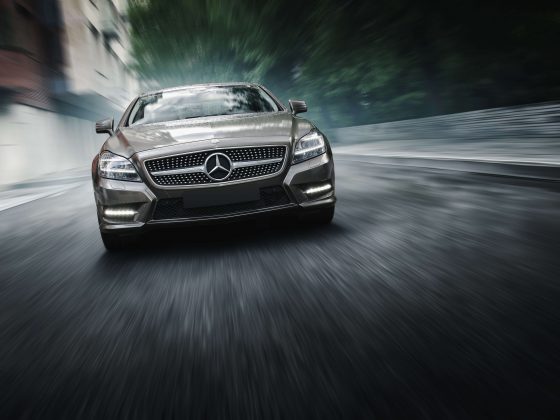A recent study from Ford measured enjoyment of several activities, and found that driving a performance car (say a sports car) graded high on the list of activities that will make you happy in daily life.
Use eTags© to Quickly Complete Your DMV Service. Renewals, Title Transfers and More, All Online!
The study covered seven different tasks that people normally enjoy including driving, kissing, fine dining, watching football, watching Game of Thrones, shopping, Salsa dancing, and riding a roller coaster.
By using medical equipment, neuroscientists selected key participants to measure their psychological reactions such as heart rate and galvanic skin response, and then used those reactions to determine a “buzz moment.”
A buzz moment refers to the instant in which a person experiences the highest feeling of excitement during an specific activity, leading to happiness.
Tracking buzz moments to determine excitement
Results showed that riding a roller coaster created the most buzz moments with an average of 3 per volunteer, followed by driving with 2.1.
Interestingly, shopping barely ranked higher than watching sports and Game of Thrones, and kissing. Dining and Salsa dancing, however, produced zero buzz moments.
While roller coasters are ranking the highest when it comes to reaching happiness, Ford considers that driving is the absolute winning activity because roller coasters do not contribute to daily pleasure.
Do you know of any person who goes to a theme park for fun on a daily basis? Roller coasters are fun but Ford implied that they offer buzz moments less frequently than driving or other activities.
Dr. Harry Witchel, psychologist, added:
This study shows how driving a performance car does much more than get you from A to B. It could be a valuable part of your daily wellbeing routine.”
In this regard, Ford equipped a Focus RS with sensors to analyze how drivers react to performance vehicles.
This addition helped them detect and explain participants’ emotions while driving.
Internally referred to as the Performance Buzz Car, this Focus had 200,000 LEDs and 82 display panels linked to a central gaming PC.
The test would track every emotion from a participant inside a car and animate the reaction through the car’s exterior.
Ford carried out the study to confirm results that many of car enthusiasts predicted already.
The automaker is also applying this method to analyze dangerous emotions such as fatigue and stress, and find ways to make the car take control in given circumstances.
The Focus RS buzz is just one step for researchers to study how to employ driver-assist systems and reduce the impact that distraction has on our ability drive safely.








